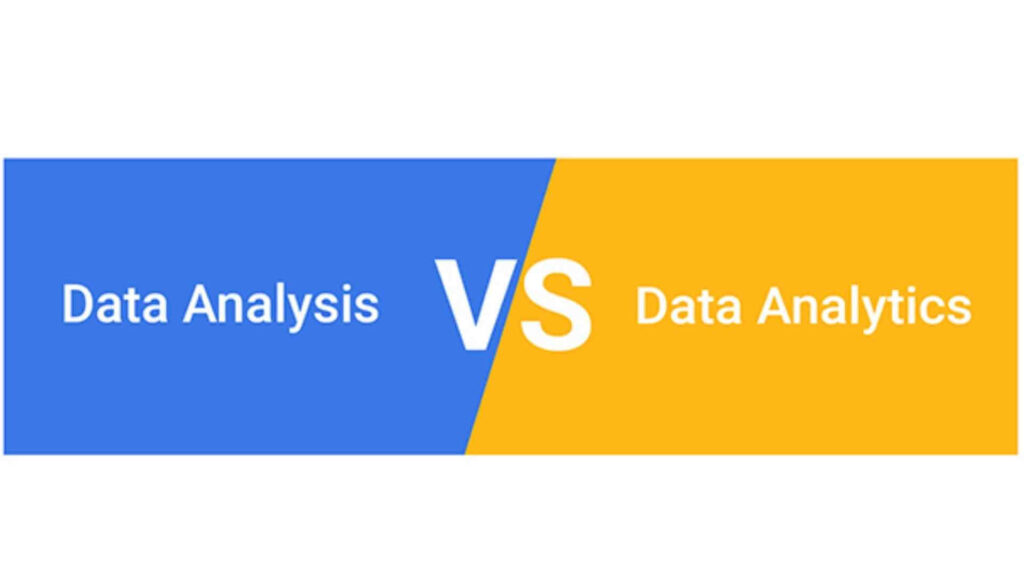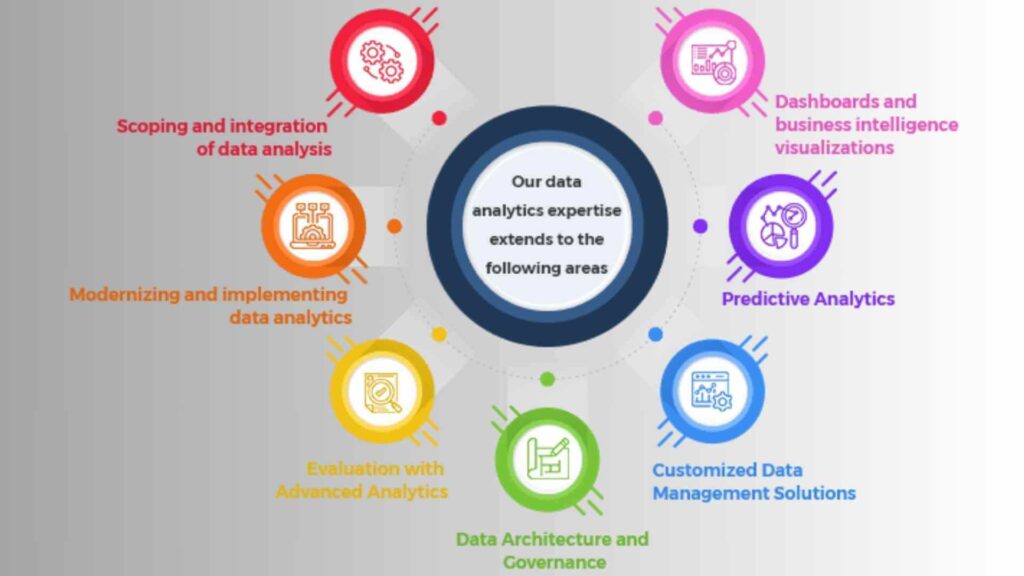How to Become a Well-Seasoned Data Analyst
Becoming a well-seasoned data analyst requires a combination of technical skills, practical experience, analytical thinking, and a strong understanding of the business context. While the journey may vary depending on your goals and interests, there are several key steps you can follow to develop the expertise and confidence needed to thrive in the field of data analysis. Below is a guide to help you become a well-seasoned data analyst.
1. Master the Core Data Analytics Skills
To excel as a data analyst, you need to have a solid foundation in the following core skills:
a. Statistical Analysis and Mathematics:
- A strong understanding of statistics and mathematics is crucial for interpreting data, performing hypothesis testing, and building predictive models. Learn the fundamentals of probability, statistical tests, regression analysis, and correlation.
b. Programming and Scripting Languages:
- Proficiency in programming languages such as Python and R is essential for data manipulation, statistical analysis, and machine learning. Python is widely used in data analysis for its simplicity and powerful libraries (e.g., pandas, numpy, matplotlib, seaborn).
- SQL (Structured Query Language) is another must-have skill. It allows you to query databases and manipulate large datasets directly from relational databases.
c. Data Wrangling and Cleaning:
- Real-world data is rarely perfect. Data wrangling (or data cleaning) involves dealing with missing values, outliers, inconsistencies, and transforming data into a usable format. Mastering these techniques is essential for preparing datasets for analysis.
d. Data Visualization:
- Being able to present your findings visually is as important as the analysis itself. Learn to use tools like Tableau, Power BI, or Python libraries like Matplotlib and Seaborn for data visualization. Being able to effectively communicate insights through graphs, charts, and dashboards is essential.
e. Excel:
- Despite the rise of other tools, Excel remains a staple in data analysis. Mastering functions, pivot tables, data modeling, and advanced features will help you analyze data effectively in any work environment.
2. Gain Hands-on Experience
While learning the theory is important, practical experience is crucial to becoming a skilled data analyst. Here are some ways to gain hands-on experience:
a. Work on Real-World Projects:
- Seek out internships, freelance work, or part-time roles where you can apply your skills to real datasets and business problems. This will help you build practical experience and gain insights into the challenges faced by businesses in data analysis.
- You can also work on personal projects that interest you—analyzing open datasets from websites like Kaggle or UCI Machine Learning Repository. This not only helps you practice your skills but also builds a portfolio that can impress potential employers.
b. Develop a Portfolio:
- A strong portfolio showcasing your work is essential for a data analyst. Document your data analysis projects, including data wrangling, modeling, and the insights you derived. Be sure to present your findings in a clear, actionable way, emphasizing the impact of your analysis.
c. Learn from Real-Life Case Studies:
- Study real-world case studies and business problems that data analysts have solved. This can help you understand how data analysis is applied to various industries, such as finance, healthcare, marketing, and sports.
3. Specialize in a Domain or Industry
While technical skills are important, understanding the business context is just as crucial. Specializing in a particular domain or industry will allow you to develop a deeper understanding of its unique challenges and opportunities, making your analysis more impactful.
a. Choose a Focus Area:
- You can specialize in a specific area such as finance, marketing, healthcare, or e-commerce. Specializing helps you gain domain-specific knowledge that can make your analyses more relevant to the organization you’re working with.
b. Business Acumen:
- Understanding the business side of things is key to becoming a well-rounded data analyst. Familiarize yourself with key business metrics, such as customer lifetime value (CLV), churn rate, conversion rate, and revenue forecasting. Knowing how to translate raw data into actionable business insights is crucial for making an impact.
4. Keep Learning and Stay Updated
Data analytics is a constantly evolving field, and staying up-to-date with the latest trends, tools, and techniques is essential to becoming a seasoned professional.
a. Learn Advanced Techniques:
- As you become more proficient, you should explore advanced analytical techniques such as machine learning, predictive modeling, time series analysis, and big data analytics. Many data analysts eventually shift into roles that require machine learning skills, so it’s beneficial to expand your knowledge in this area.
b. Attend Conferences and Workshops:
- Participate in industry conferences, webinars, and workshops to learn from experts in the field. Networking with other data analysts and attending talks on emerging trends can help you stay at the forefront of new developments.
c. Obtain Certifications:
- While not always required, obtaining certifications from recognized organizations can validate your skills and make you more competitive in the job market. Some of the most popular certifications for data analysts include:
- Microsoft Certified: Data Analyst Associate
- Google Data Analytics Professional Certificate
- Certified Analytics Professional (CAP)
5. Develop Critical Thinking and Problem-Solving Skills
One of the most important skills a data analyst can have is the ability to think critically and solve problems effectively. Analytical thinking is necessary to break down complex problems, identify patterns in data, and create solutions based on data-driven insights.
a. Ask the Right Questions:
- Being able to ask the right questions is essential for extracting meaningful insights from data. Frame your analysis around specific business problems or questions that need to be answered, and develop hypotheses based on the available data.
b. Test and Validate Assumptions:
- In data analysis, it’s important not to jump to conclusions. Always test and validate your assumptions to ensure that the insights you’re drawing from the data are reliable.
c. Make Data-Driven Recommendations:
- A seasoned data analyst doesn’t just deliver numbers; they also provide recommendations based on those numbers. Your ability to translate data into actionable insights that can drive business decisions is what sets you apart from others.
6. Master Communication and Collaboration
Data analysts don’t work in isolation; they often collaborate with different teams, including management, marketing, product development, and IT. It’s crucial to develop effective communication skills to present complex data analysis results in a way that is understandable to non-technical stakeholders.
a. Present Your Findings Clearly:
- Use data visualization tools to present your findings in a clear and engaging way. Tailor your presentation to the audience, focusing on the key metrics and insights that matter most to them.
b. Collaborate with Other Teams:
- Work closely with colleagues from other departments to understand their needs and how data can help solve their problems. Being able to collaborate effectively ensures that your analysis has a practical impact on business decisions.
Conclusion
Becoming a well-seasoned data analyst requires continuous learning, hands-on experience, and the ability to think critically and communicate your findings effectively. Master the core technical skills, specialize in a domain that interests you, and stay up-to-date with the latest trends in data analytics. With dedication and persistence, you can evolve from a novice to a seasoned data analyst, making meaningful contributions to your organization’s decision-making processes.





